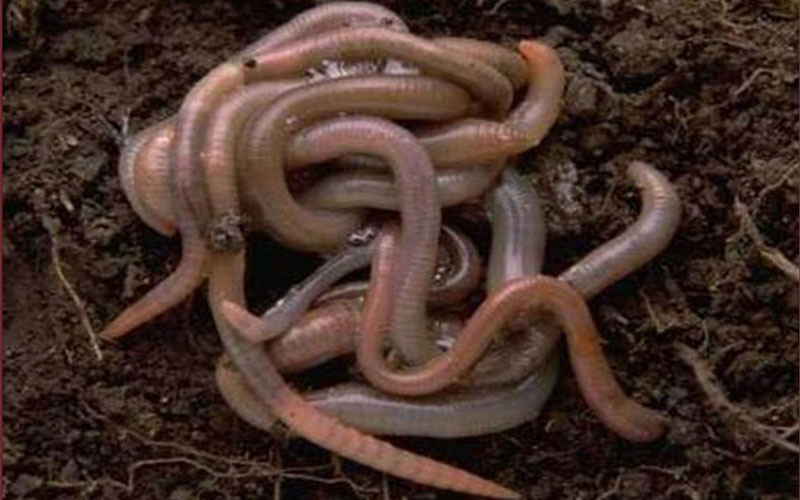Council’s Blenheim office will be closed from 4.30 pm Thursday 17 April and will reopen on Tuesday 22 April at 8.30 am. See details of transfer station opening hours and kerbside collections

Council’s Blenheim office will be closed from 4.30 pm Thursday 17 April and will reopen on Tuesday 22 April at 8.30 am. See details of transfer station opening hours and kerbside collections


Welcome to the wonderful world of worms, in particular how to successfully compost with worms. Here is a little background on worms.
Worms have been on planet Earth for a very long time. Originally as marine worms, they adapted and became earthworms as the waters receded.
Recent studies carried out by American scientists show earthworm castings contain high proportions of trace elements including nitrogen, phosphorous, magnesium and calcium and potassium.
Earthworms do a power of good just by being there.
They aerate the soil by digging tunnels, which helps water and oxygen pass more easily.
They take care of plants, even though they live around roots of plants and deposit their castings - both plants and worms thrive.
Worms work: they convert the organic waste into rich compost for gardens.
Worms can prevent the spread of some fungal diseases by eating rotten material in orchard and vegetable gardens.
Having worms also cuts down the need to supply fertilisers.
The catch is that worms like to live in good soil in order to make it richer. So you need to add a little organic waste when putting worms in, which gives them a base to work from.
Mulching also encourages earthworms to populate a good mulch or compost. A few worms can soon turn into a whole settlement.
Earthworms bring many rewards: healthier plants, fewer weeds and, most importantly, less need for sprays and chemical fertilisers.
Just start them off and you will have a happy relationship for a long time.
For more information, download the Wise up on Worms Kit.